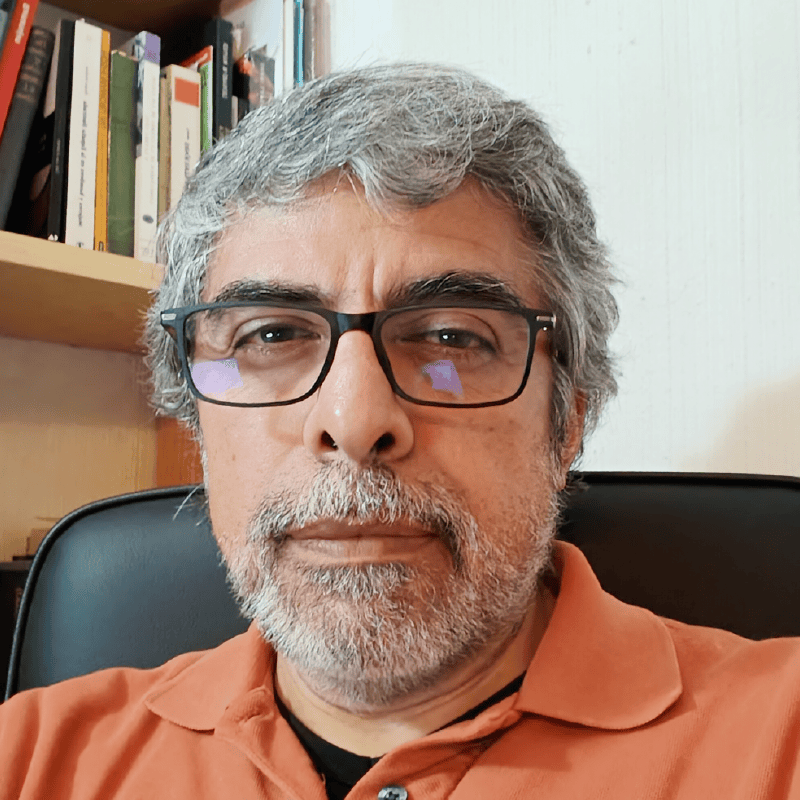Julio César Guevara
Eminent Professor of Mathematics and Researcher at the School of Sciences of UNAM
Guevara Bravo is a mathematician and full-time academic in the Department of Mathematics of the School of Sciences of the National Autonomous University of Mexico (UNAM).
His areas of work are algebra and history of mathematics. He has published papers in journals and books on Goldbachs conjecture, perfect numbers, Giordano Bruno, Nicolo Tartaglia, cryptography, prime numbers, Luca Pacioli, mathematics in painting, mathematics and music, among other topics. He is the author of Juegos matemáticos and "Leonardo, Luca Pacioli y el poder de los números". He is also co-editor of the Novo-Hispanic facsimile Sumario compendioso de las cuentas de plata y oro que en los reinos del Perú son necesarias a los mercaderes y a todo género de tratantes. Con algunas reglas tocantes a la aritmética, by Juan Diez Freile, published in 2008 by UNAM.
He has supervised more than 20 thesis in mathematics. He has taught courses in the School of Sciences for more than 32 years for the bachelors degrees in Mathematics, Physics and Actuarial Science. Likewise, he is a member of the Evaluation Committees of UNAM.
He is currently researching on the analysis of Edward Warings works, Leonhard Eulers number theory, additive number theory, and the relationship between algebra and music, among others.
